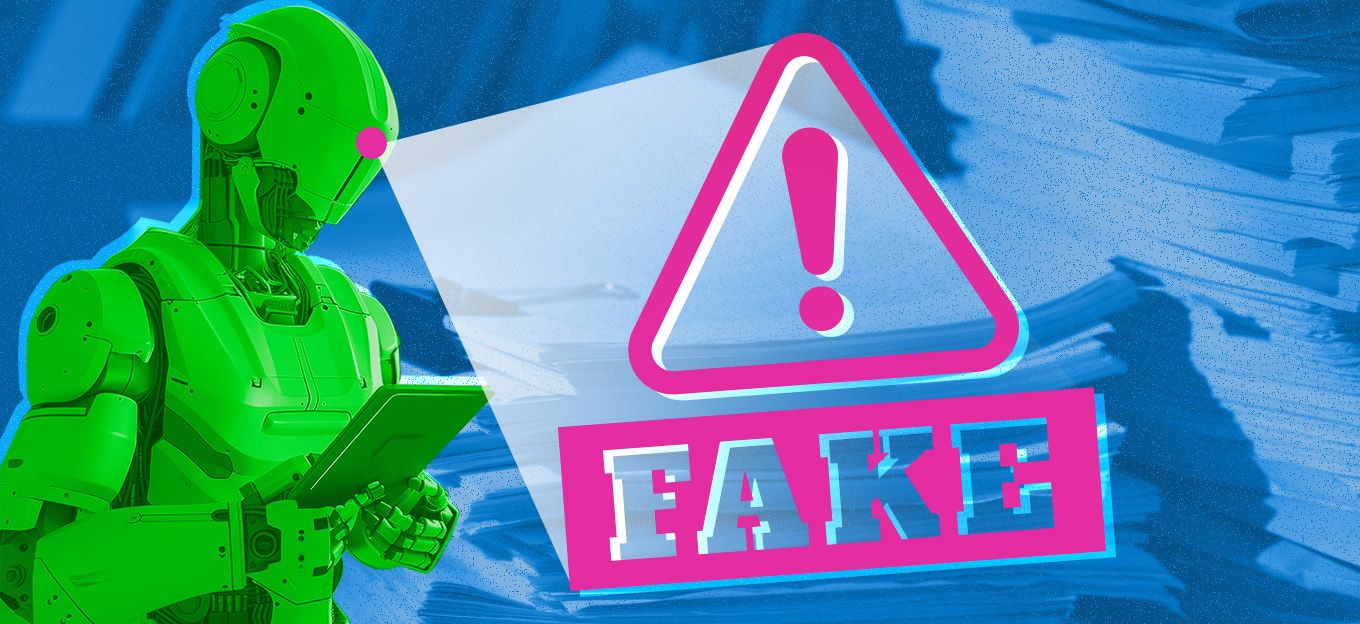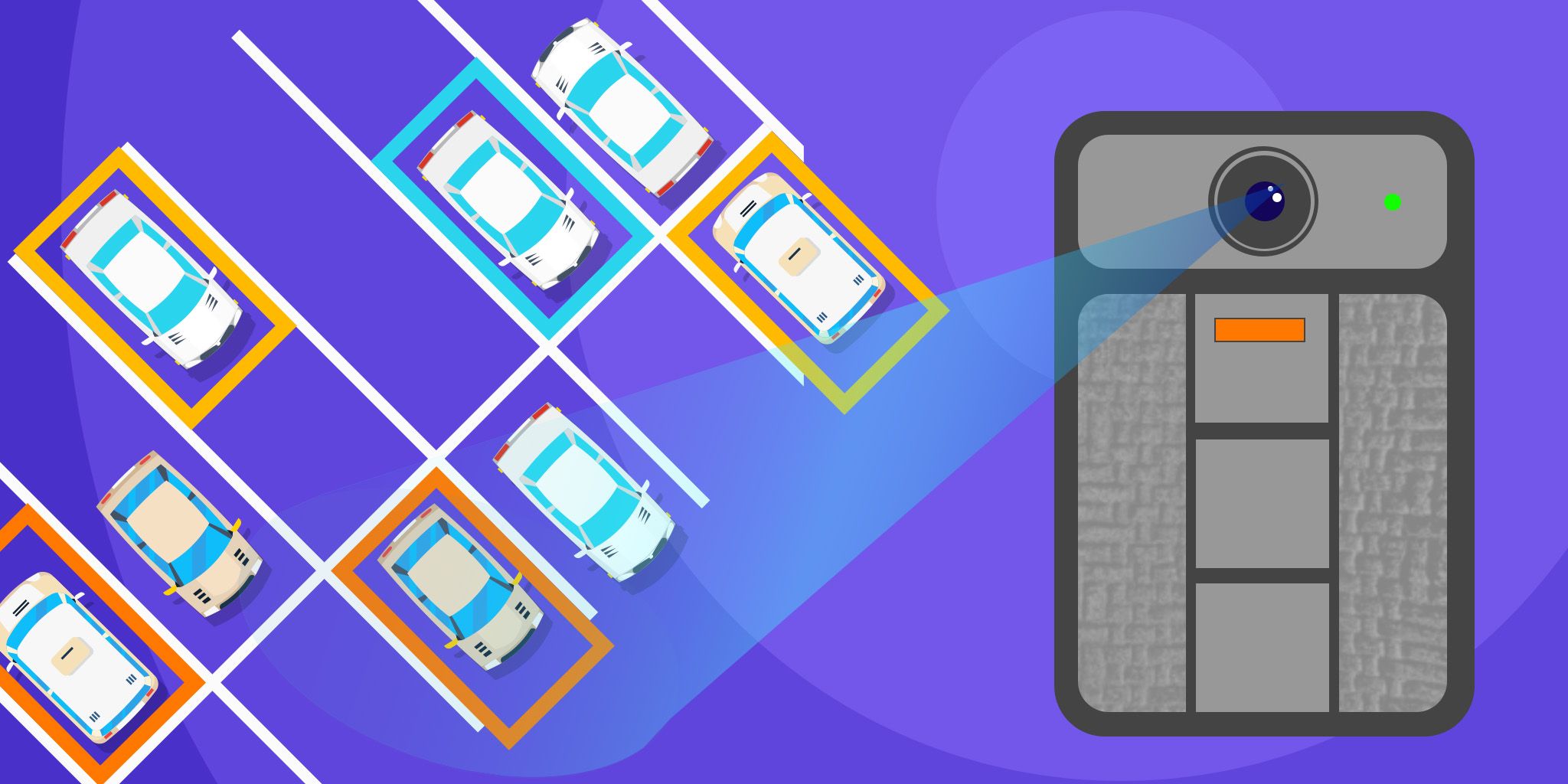The Impact of AI on Education
The Impact of AI on Education
- Last Updated: March 25, 2025
AI For All
- Last Updated: March 25, 2025



The current advances in AI are causing quite a stir in the education system. Many believe that these developments will disrupt classrooms, homework, and even the traditional art of essay writing. However, despite the potential for upheaval, we are optimistic that the overall impact will be positive. This wave of change presents an opportunity for us to rethink how we can improve education and communication as a whole.
A Cultural Disruption
Five years ago, change was a difficult prospect due to cultural resistance. However, now it is evident that the system must adapt. But what exactly are we hoping to achieve through this disruption? We must strive to create a system that is far better than what we currently have. There is a concern that we may end up with a system where people no longer truly learn. However, when calculators were introduced, they did not make people dumber.
Instead, they allowed individuals to focus on more complex mathematical concepts rather than spending time on tedious calculations. Similarly, AI can free students from the burden of filling pages and instead encourage them to focus on writing meaningful essays. It is not about mindlessly relying on AI to write the entire essay, but rather using it as a tool to enhance communication.
The Importance of Creativity
In business communication, brevity is valued. The education system, on the other hand, has often emphasized page length and the use of complex language. This approach is flawed. Rather, we should reward students for expressing their ideas concisely. Tools like AI can be leveraged to provide valuable feedback on sentence structure, word choice, and overall clarity. Iterating through this process will undoubtedly lead to better communication skills.
It is important to note that relying solely on AI to generate an entire essay deprives it of the author's voice and personal touch. Instead, AI should be seen as a helpful companion, offering suggestions and improvements while still allowing the writer's authenticity to shine through. By utilizing these tools effectively, we can revolutionize the way we communicate.
Embracing AI in Education
Embracing AI in writing also significantly saves time, a precious commodity in our fast-paced world. AI's ability to quickly generate ideas, suggest improvements, and even correct grammar frees us from the more tedious aspects of writing. The time saved can be invested in deeper research, creative brainstorming, or simply honing one's craft.
As AI continues to transform the landscape of writing, it also necessitates a shift in the role of educators. Teachers will need to adapt their methods to effectively integrate AI tools into the learning process. This includes guiding students on how to use AI responsibly and creatively, while also emphasizing critical thinking and originality.
Educators must also stay abreast of the evolving capabilities of AI to ensure that their teaching strategies remain relevant and effective. This adaptation is not just about keeping pace with technology, but also about nurturing a generation of students who are adept at leveraging AI as a tool as they enter the workforce.
The impact of AI on education and writing cannot be understated. It presents both challenges and opportunities. We must strive to embrace this change, while consciously ensuring that the end result is a system that encourages learning, critical thinking, and effective communication. With the right approach, AI has the potential to revolutionize education and writing, bringing us into a new era of improved communication and learning.
The Most Comprehensive IoT Newsletter for Enterprises
Showcasing the highest-quality content, resources, news, and insights from the world of the Internet of Things. Subscribe to remain informed and up-to-date.
New Podcast Episode

The State of Cybersecurity in IoT
Related Articles





